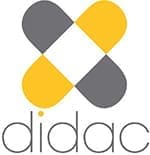Courses
Don’t forget you can get in touch if you need some help with your quote



Review Title
Please feel free to leave us a review!



Review Title
Please feel free to leave us a review!



Please feel free to leave us a review!



Please feel free to leave us a review!